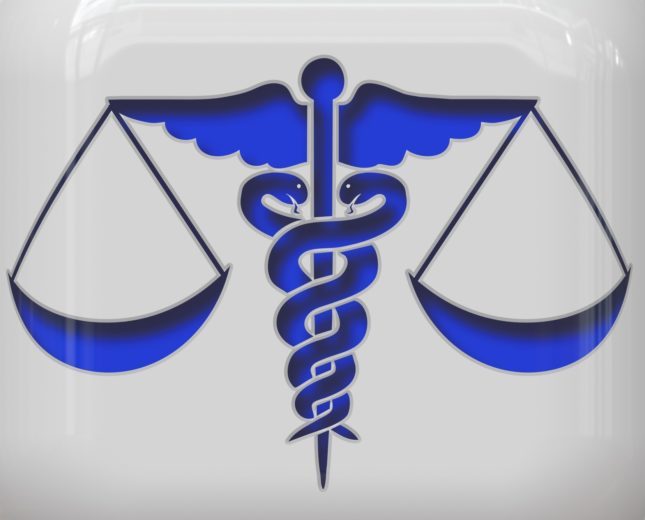Introduction
Placebo psychiatry is a term meant to indicate that the mechanism of action of a placebo and of psychiatric treatments, both pharmacologic and non-pharmacologic, are the same. I am not talking about the aspects of placebo that involve misperception and misdirection. I am only talking about the kind of placebo effect that occurs when brain chemicals are altered through non-pharmacologic means. For example, when you are told that an inert substance will reduce pain and then your brain actually produces endogenous endorphins that reduce the pain.
These kinds of effects only work for compensatory brain activity such as producing endorphins for pain. Other examples would be to produce adrenaline when you become scared or oxytocin when you hug someone. In the brain there are numerous neurotransmitters, neuro-hormones and other chemicals that can increase or decrease temporarily in times of stress. Chronic stress can cause these protective imbalances to become pathological.
In psychiatry, all the medications that we use are designed to increase or decrease brain chemicals that are pathologically elevated or reduced. This is also true for all forms of psychotherapy that can be demonstrated to be effective. Furthermore, it is true for hypnosis and acupuncture and likely all non-pharmacologic homeopathic interventions.
Non-pharmacologic interventions and pharmacologic interventions for conditions that can respond to alterations of compensatory brain mechanisms all do basically the same thing. These interventions can be shown to be effective for depression, OCD, anxiety, pain and nausea. Other conditions such as Parkinson’s disease in which the neurotransmitter dopamine is pathologically reduced may also be ameliorated in this way. Sleep and immune function may also respond.
One criticism of the placebo effect is that it does not work for everyone. Some will argue that it may only be effective in 1/3 of patients.
This is true and it is not true.
If you are looking at the entire placebo effect, including aspects that are due to misperception, in a medication clinical trial the range is from 2% to 60% depending on the condition being studied. However, if you are looking at only the aspects of the placebo effect that involve compensatory neurotransmitters for one of the few conditions that will respond to such intervention the percent goes way up. It can be up to 90% or better. This is especially true for patients who are not being deceived and are fully cooperative and actually want to do it.
This website emphasizes the idea that complementary and alternative treatments that have no direct pharmacologic effect work through the placebo effect and work for the types of conditions just mentioned. Therefore, I suggest that complementary treatments work for most psychiatric conditions and that the mechanism of action is the placebo effect.
Register to receive notification of new content.
